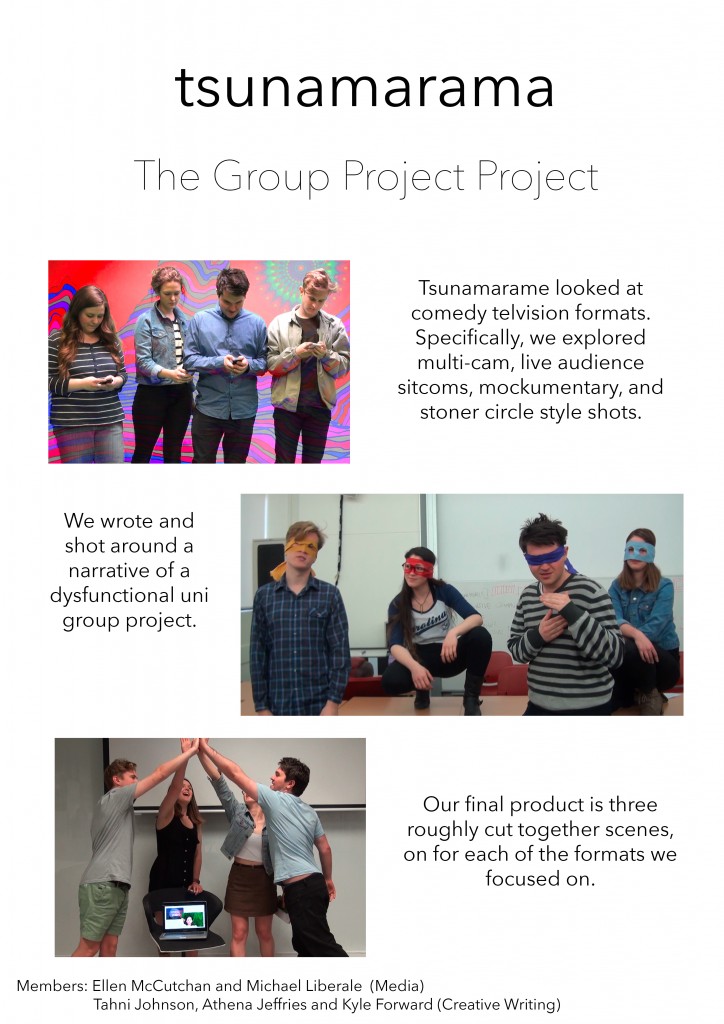We’ve hit Week 6. We’ve just submitted our group reports. We’re ready for our mid-sem break. We’re all hating this week’s reading, apparently. At least that’s what I’ve found while looking through my friends’ blogs on my search for inspiration. Maybe it’s because we’re at that point of the semester, or maybe it’s because Gardner loves to talk about how he changed the world with his theories, but this reading was difficult to get through.
Gardner describes five ‘minds’ in this reading:
- The Disciplined Mind – those individuals that are capable of mastering a way of thinking (I thought of this as being like a Sim mastering the Charisma, or Logic skill)
- The Synthesising Mind – able to converge many pieces of information from different sources
- The Creating Mind – individuals who come up with new ideas, put forward theories, and create new knowledge
- The Respectful Mind – those that try to understand others and realises that human differences are valuable
- The Ethical Mind – those who question the needs of society as a whole, and works to make sure those needs are met
Gardner states that “the five minds are the kinds of minds that are particularly at a premium in the world of today and will be even more so tomorrow” (pg. 4). While I tend to shy away from any sort of theory that labels people in a particular way (I believe that we are all far too individualistic), I agreed with Gardner in his analysis of why each ‘mind’ is important in a workplace and wider society. I especially found interesting his thoughts on a world and workplace without each mind.
Despite my reluctance to resign myself to believing that 7 billion people can be grouped into five minds, I can takeaway from this reading that diverse personalities, ways of thinking, and values are what makes the workplace and society function. In saying that, maybe I can lump myself into the ‘respectful mind’ category as I ‘note and welcome differences between human individuals’ (pg. 3).
Reference:
Howard Gardner, 2007, ‘Minds Viewed Globally: A Personal Introduction’ in Five Minds For the Future, Harvard Business School Press, Boston, ch.1.
